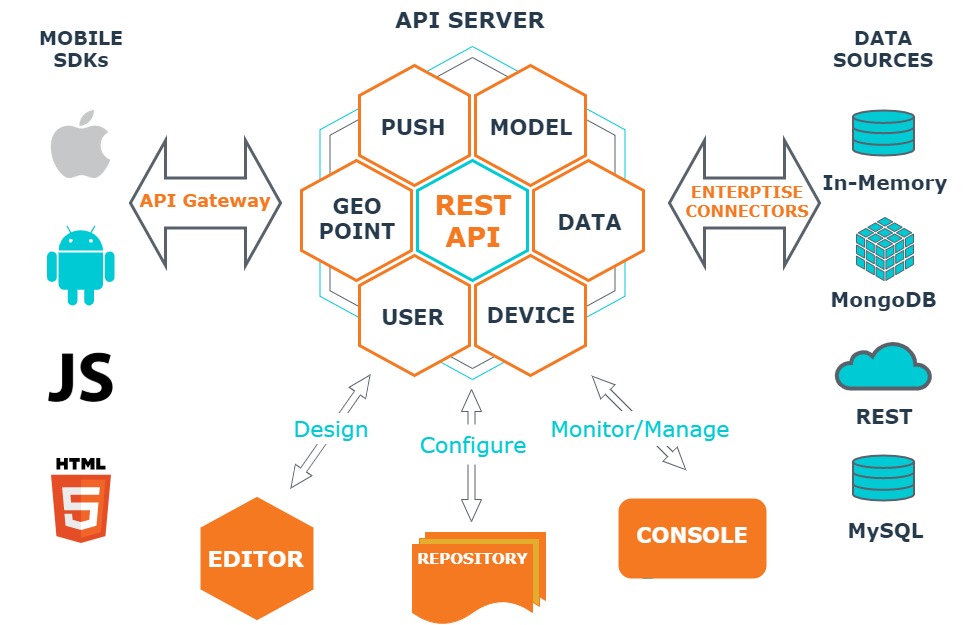

This client library implements the interface-ipfs-core enabling applications to change between an embedded js-ipfs node and any remote IPFS node without having to change the code. See the JS core API reference → (opens new window) # RPC client libraryĪ client library (opens new window) for the JS-IPFS RPC API, implemented in JavaScript. # Browsersīoth the js-ipfs and js-ipfs-http-client libraries work in browsers, but each has some special considerations noted in their READMEs. If you need to spawn a separate IPFS process, you might want to take a look at js-ipfsd-ctl (opens new window), which uses the same interface to spawn a Kubo (Go-IPFS) node, a JS-IPFS node, or an in-process JS-IPFS node.
#Node http client code#
It’s also less code to load in a browser. If a user already has IPFS installed, this also means you can take advantage of a single, common installation on their computer. Keeping the IPFS node in a separate process (even if it’s one your program spawns) isolates you from any stability problems with the node. Whenever reasonable, we recommend the second method (interacting with a separate IPFS node via the RPC API).
#Node http client full#


JS-IPFS (opens new window) is a full implementation of IPFS, similar to Kubo (Go-IPFS) (opens new window).Both work in Node.js and in modern web browsers: There are two main JavaScript libraries for working with IPFS. Explore js-ipfs through interactive coding challenges at ProtoSchool (opens new window) # JavaScript libraries


 0 kommentar(er)
0 kommentar(er)
